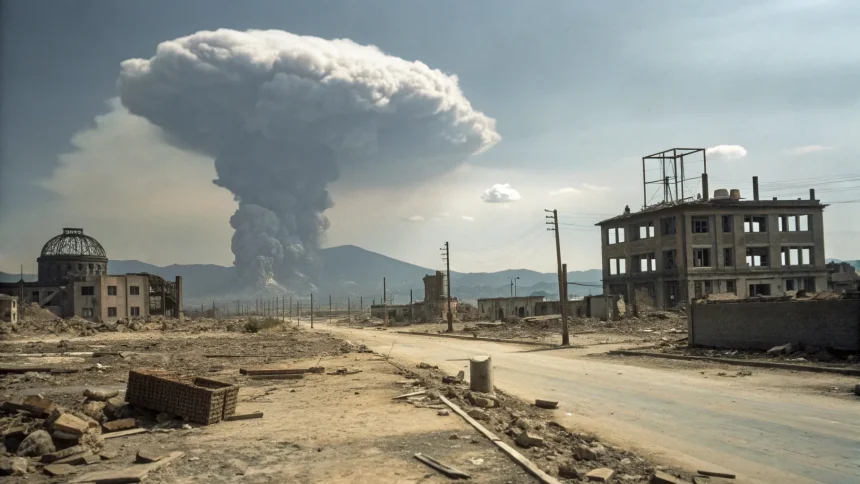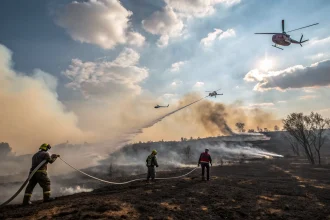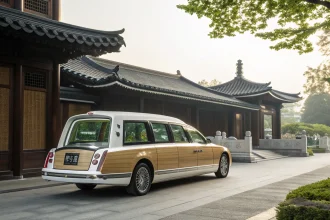The United States carried out its second atomic bombing on Nagasaki on August 9, 1945, resulting in approximately 70,000 deaths by the end of that year. This attack came just three days after the first atomic bomb devastated Hiroshima, where an estimated 140,000 people perished.
The Atomic Bombings of Japan
The Nagasaki bombing represented the second and final use of nuclear weapons in warfare. Coming in quick succession after the Hiroshima attack, these two bombings brought unprecedented destruction to Japan near the conclusion of World War II.
The death toll from these attacks was staggering. While Hiroshima suffered the greater number of casualties with approximately 140,000 deaths, Nagasaki’s toll of 70,000 by December 1945 demonstrated the devastating power of these new weapons.
Historical Context and Impact
The atomic bombings came during the final stages of World War II in the Pacific Theater. After years of brutal conflict, the United States deployed these weapons against Japan, which had refused to accept the terms of surrender demanded by the Allied Powers.
The attacks on Hiroshima and Nagasaki marked a turning point in military history, introducing nuclear warfare and forever changing international relations. Within days of the Nagasaki bombing, Japan announced its surrender, effectively ending World War II.
The short interval between the two bombings—just three days—has been the subject of historical debate regarding whether Japan was given sufficient time to process the implications of the first attack before facing a second.
Long-Term Consequences
Beyond the immediate casualties, both cities suffered from long-term effects of radiation exposure. Survivors, known as “hibakusha” in Japan, experienced increased rates of cancer and other radiation-related illnesses in the decades following the attacks.
The bombings also sparked global discussions about nuclear weapons that continue to this day. The events at Hiroshima and Nagasaki led to:
- The formation of international non-proliferation agreements
- Ongoing debates about the ethics of nuclear weapons use
- Annual commemorations in both cities to remember victims
The atomic bombings remain the only instances of nuclear weapons used in armed conflict, establishing a precedent that has held for more than 75 years despite several nations developing nuclear capabilities.
As witnesses to these events age and pass away, historians, governments, and peace advocates continue working to document and preserve the memory of what happened in August 1945, ensuring future generations understand the full impact of nuclear warfare.









